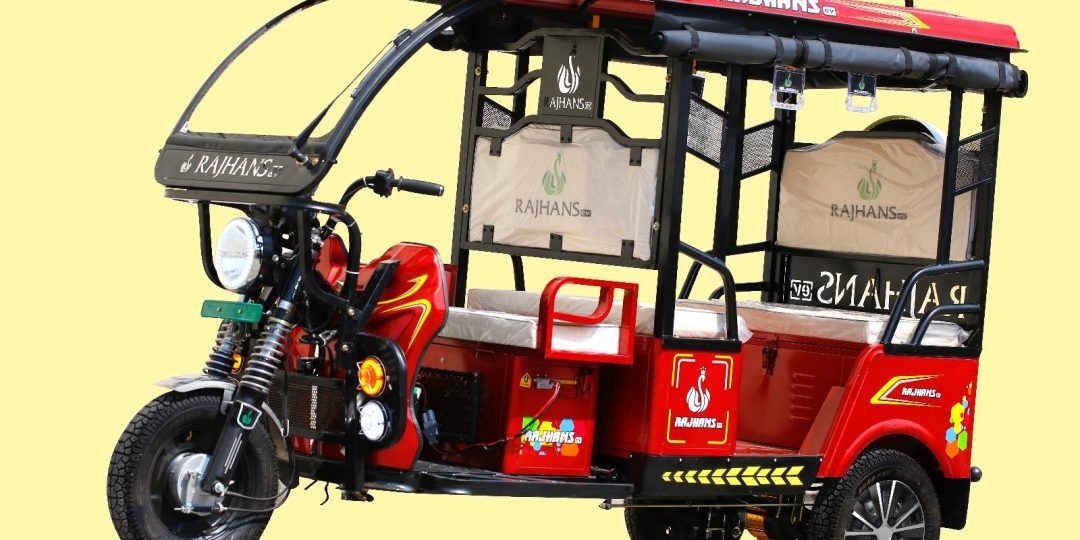In the relentless hustle of Indian cities, where honking horns clash with smoggy skies, a silent hero is emerging—the e-rickshaw. More than just a mode of transport, it’s a symbol of India’s push toward sustainability and smarter urban planning.
The Environmental Impact:
Traditional auto-rickshaws run on fossil fuels, contributing to the growing air pollution problem choking cities like Delhi and Mumbai. E-rickshaws, with their electric engines, produce zero emissions at the point of use. One e-rickshaw on the road means one less source of carbon monoxide, nitrogen oxides, and particulate matter.
Economic Empowerment on Three Wheels:
E-rickshaws are not only cleaner but cheaper to operate. With lower fuel and maintenance costs, drivers are seeing better daily profits. In smaller towns and big cities alike, these vehicles are offering sustainable livelihoods, especially to youth and migrants.
Policy Push:
Governments are backing the movement with subsidies, tax exemptions, and dedicated EV policies. The FAME (Faster Adoption and Manufacturing of Hybrid and Electric Vehicles) scheme is one such initiative pushing for large-scale adoption.
Conclusion:
The e-rickshaw isn’t just an innovation—it’s a quiet revolution. One that’s reshaping urban mobility, empowering communities, and giving India a fighting chance against the climate crisis.






